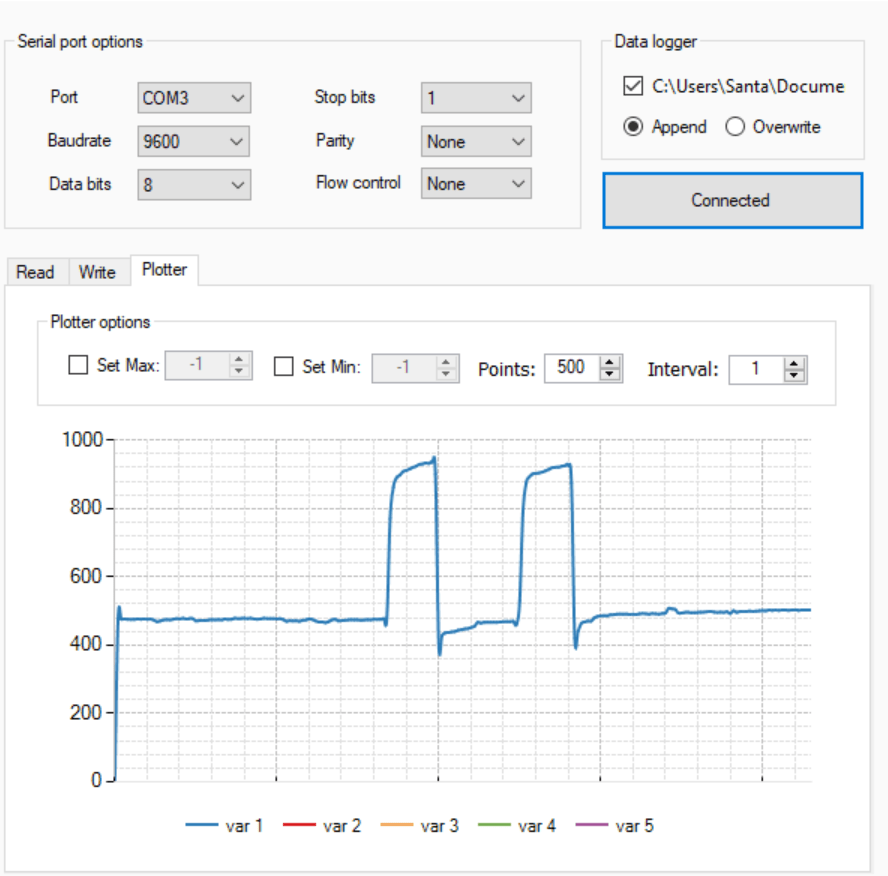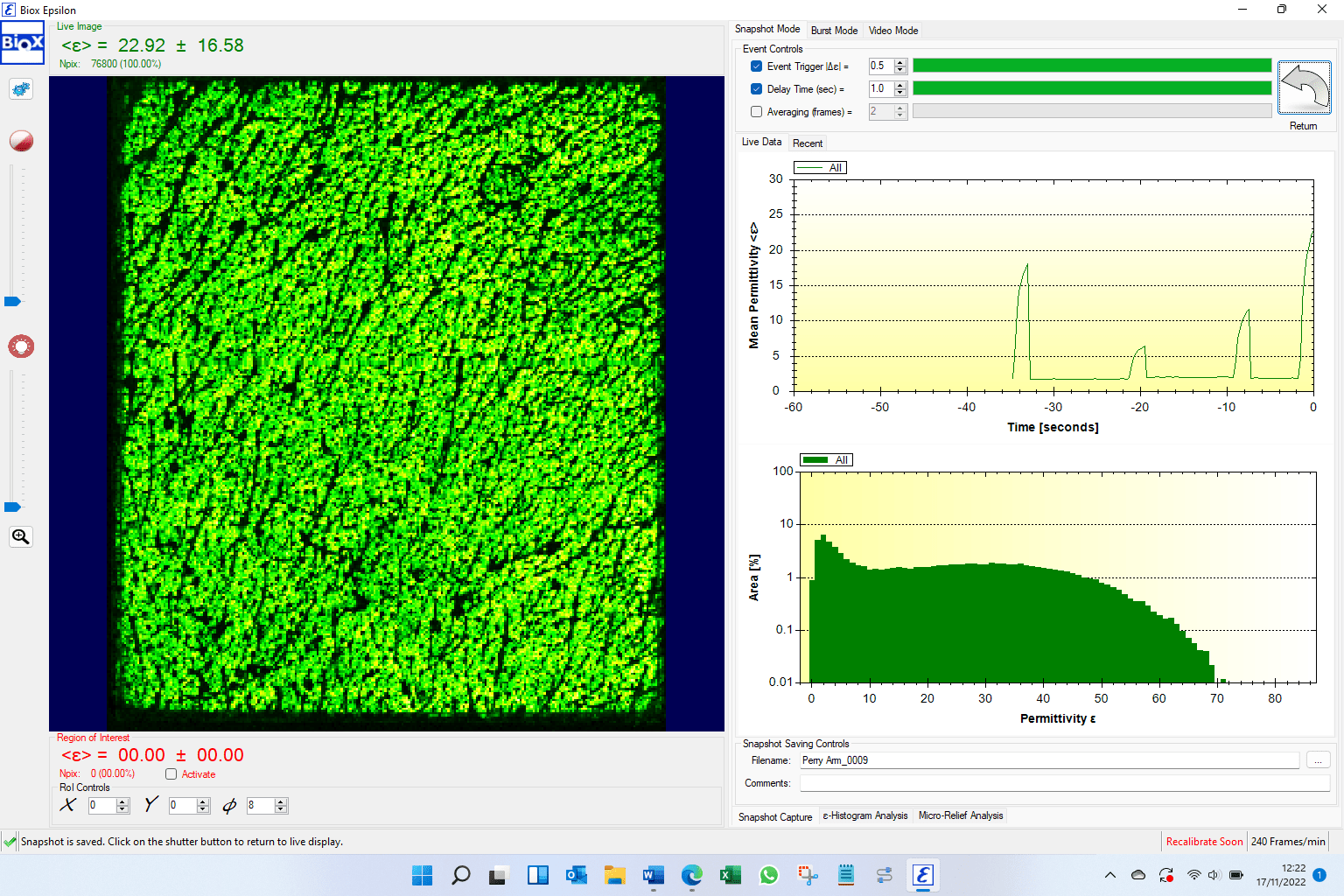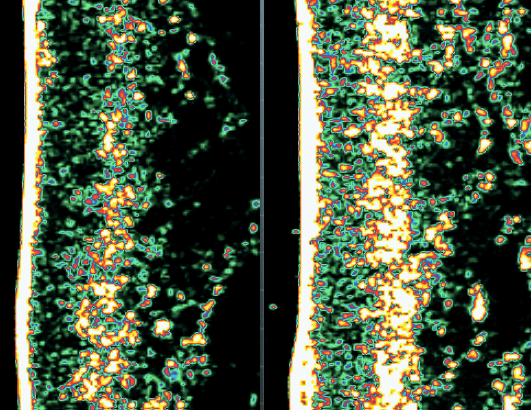1) Skin colour (melanin & erythema)
We measure **melanin** (pigment) and **erythema** (redness) at high magnification to quantify change beyond the naked eye. Useful for hyper-pigmentation (melasma/chloasma) and overall brightness.
Skin Lab measures six parameters to build a personalised skin profile. We then track change over time — so you can see what’s working, not just feel it.

We look at Skin Colour, TEWL, Elasticity, Hydration, Collagen and Sebum. Each produces an objective score or visual snapshot, forming your baseline — and a reference point for change after 6–12 weeks.
We measure **melanin** (pigment) and **erythema** (redness) at high magnification to quantify change beyond the naked eye. Useful for hyper-pigmentation (melasma/chloasma) and overall brightness.

TEWL is how quickly moisture escapes through the skin barrier. **High TEWL** often explains the “dry but oily” paradox: oil rises to offset water loss.
Elasticity reflects the skin’s ability to deform and return — a proxy for **youthful resilience**. Lifestyle (UV, smoking) and nutrition impact this score.

Hydration underpins radiance and barrier health. We score from **0–100** and match products (and textures) to your environment and season.

Collagen provides **structure and plumpness**. We use high-resolution ultrasound to gauge dermal thickness and collagen density — and re-scan to verify progress.

Sebum protects the skin — but imbalance drives congestion and shine. Measuring output at different sites separates **oily + dehydrated** from true **oily** types and tunes actives.

| Factor | Metric | Baseline | 12 weeks | Change | Notes |
|---|---|---|---|---|---|
| Skin colour | Melanin index / Erythema | MI 58 / ER 32 | MI 51 / ER 26 | -7 / -6 | Dermamelan + SPF 50 daily |
| TEWL | g/m²/h | 18.0 | 11.5 | -6.5 | Added ceramide moisturiser + light occlusive PM |
| Elasticity | Score (1–100) | 54 | 63 | +9 | SPF adherence + retinoid 3×/week |
| Hydration | Score (0–100) | 42 | 68 | +26 | Humectant serum AM/PM; reduced foaming cleanser |
| Collagen | Ultrasound (relative) | Baseline scan | Improved echogenicity | ↑ | Re-scan scheduled at 12 weeks |
| Sebum | µg/cm² (T-zone) | 190 | 130 | -60 | Adjusted exfoliation; niacinamide AM |
Tip: capture the collagen ultrasound image at each visit and store alongside scores for visual comparison.
Most clients re-test every 8–12 weeks to validate changes. For season-driven concerns (winter dryness or summer oiliness), we’ll time reviews to the environment.
TEWL varies by site and season. Rather than chase an absolute number, we aim for a downward trend from your baseline while comfort and appearance improve.
Elasticity responds to consistent SPF, retinoids (as tolerated), and collagen-supportive treatments. We focus on trend over weeks, not overnight shifts.
Some routines support collagen maintenance; others stimulate remodelling. Ultrasound snapshots help determine if your regimen is producing structural change.
That’s commonly high TEWL with compensatory oil. We’ll address barrier repair first, then fine-tune oil control to avoid over-stripping.
WhatsApp us